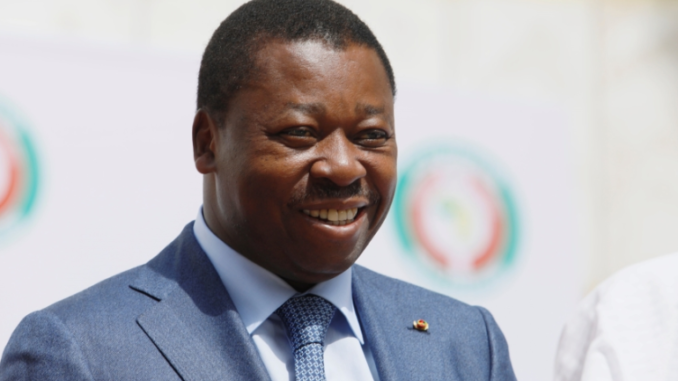
Security forces fired tear gas and arrested demonstrators in Togo’s capital Thursday and Friday (26-27 June) as hundreds took to the streets demanding the resignation of President Faure Gnassingbé.
The unrest follows controversial constitutional changes that critics say could allow Gnassingbé, in power since 2005, to rule indefinitely. Protesters blocked roads with barricades, burned tires, and threw projectiles in several Lomé neighborhoods, prompting a heavy police and military response. Witnesses reported businesses shuttered and military jeeps deployed across the city. “We’re hungry. Nothing works for Togolese youth anymore,” said a 30-year-old unemployed protester, vowing to return to the streets the next day.
The protest, organized by civil society groups and social media influencers, comes after Gnassingbé was sworn in as president of the newly created Council of Ministers in May — a role with sweeping powers and no term limits. Opposition leaders have denounced the move as a “constitutional coup.” Demonstrations have been largely banned in Togo since 2022, following a deadly attack at Lomé’s main market. Still, a coalition called “Hands Off My Constitution” urged nationwide mobilization, demanding political prisoners be freed and action taken to ease the cost-of-living crisis. As regional fears of democratic backsliding grow, observers say Togo is now facing its most significant political unrest in years.
